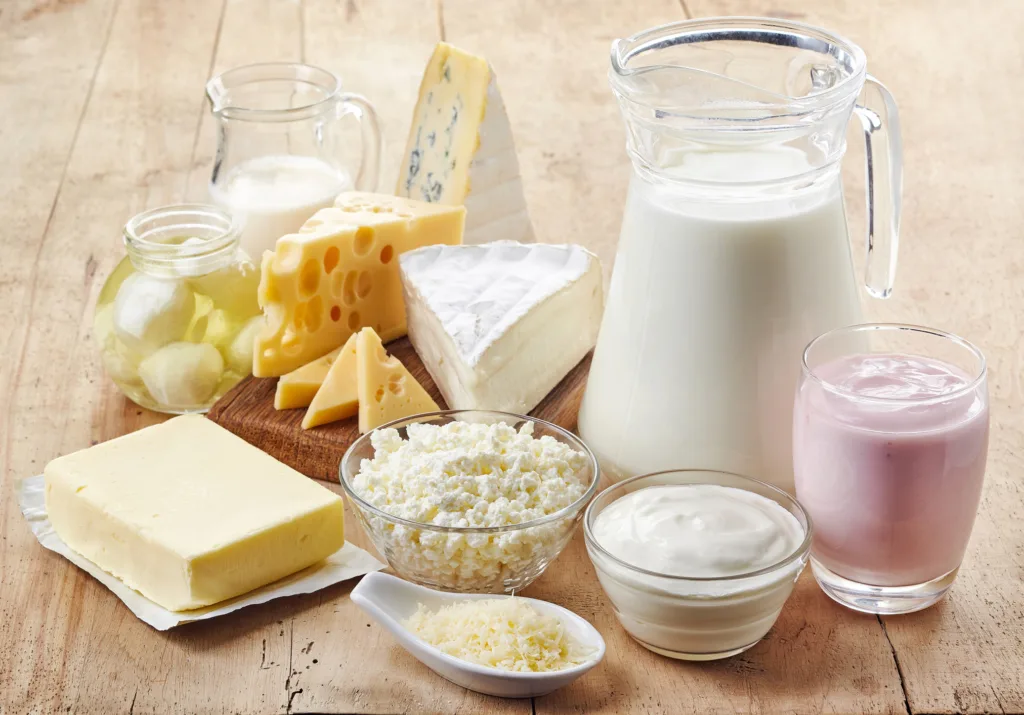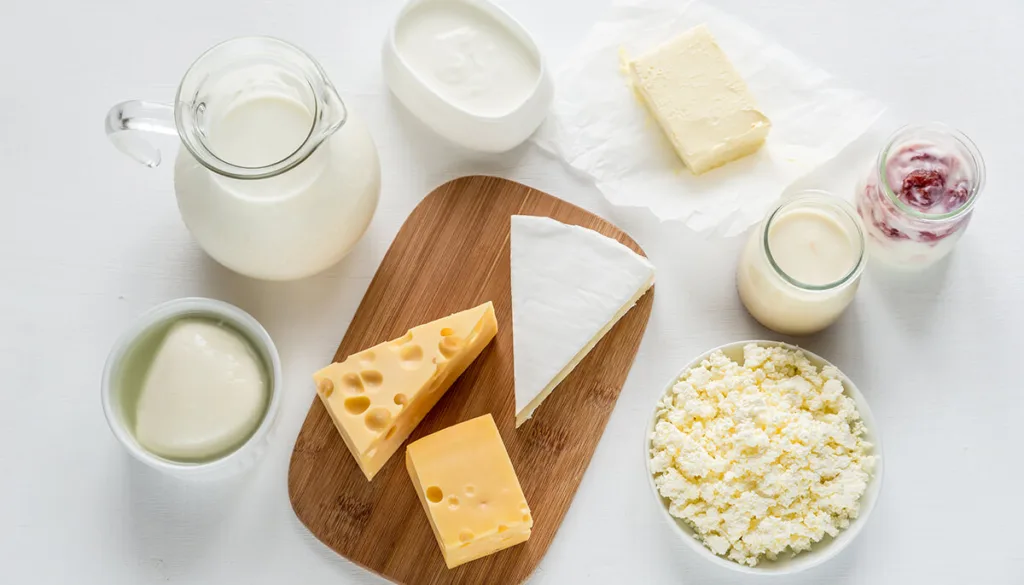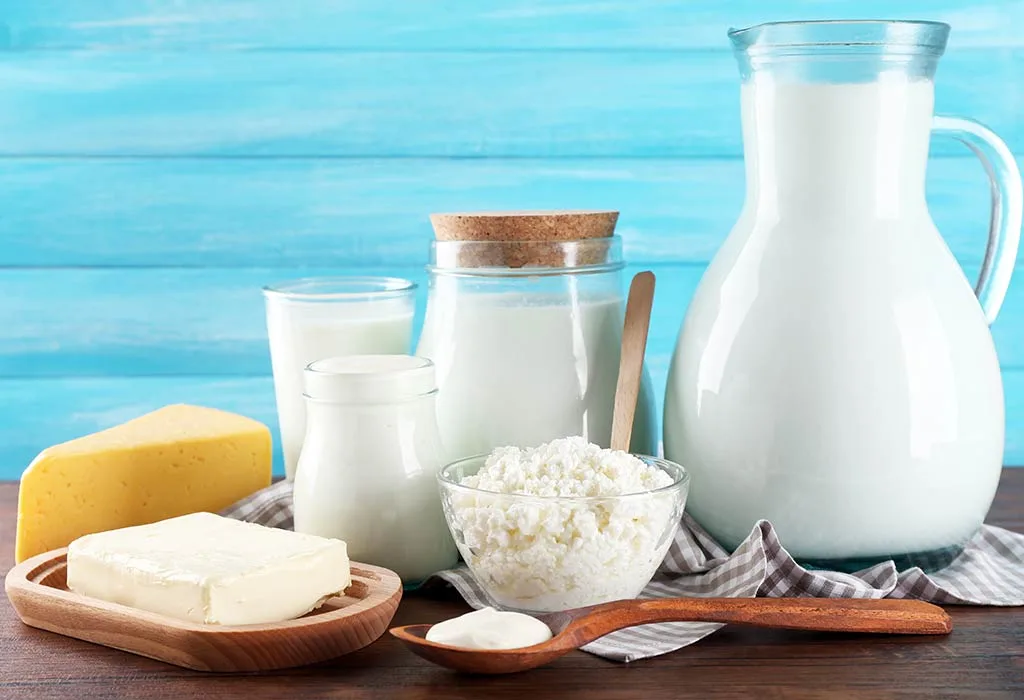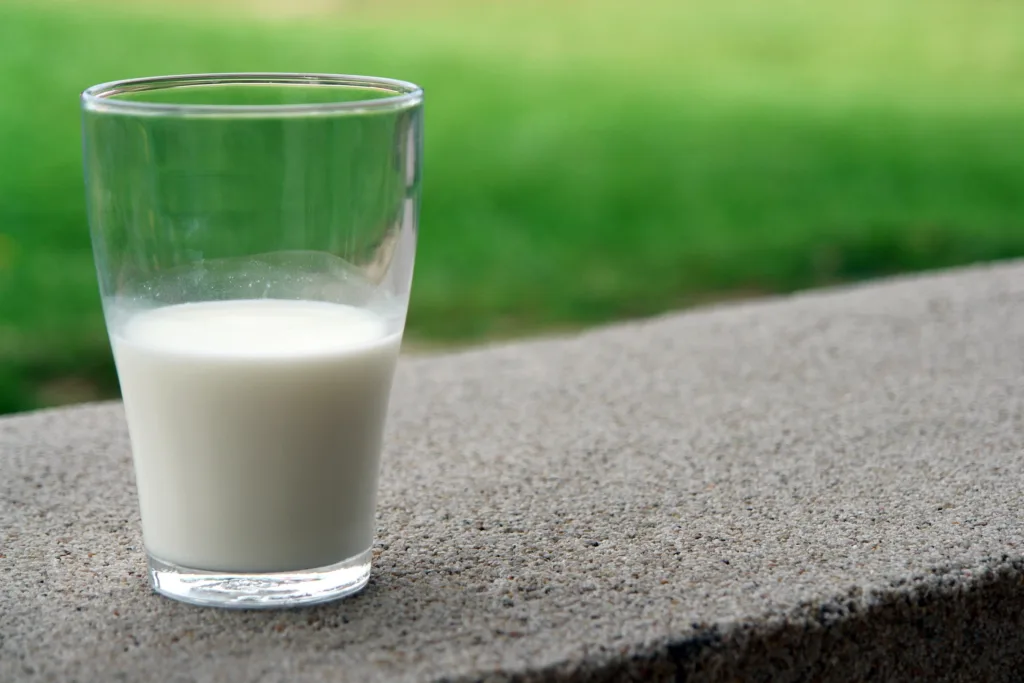Losing weight often feels like an uphill battle filled with confusion and contradictory advice. But what if simply adding more dairy to your diet could reveal a slimmer, healthier you? Exciting new research shows that milk, yogurt, cheese and other dairy products can be powerful allies for weight loss success.
Keep reading to understand the science behind dairy’s ability to trim your waistline and improve your health.

An Introduction to Dairy: More Than Just Milk
Before examining dairy’s weight loss benefits, let’s explore the wide range of dairy products you can enjoy. Milk is likely the first option that comes to mind. Cow’s milk remains a popular staple, but plant-based milks made from almonds, soy, oats and others also count as dairy.
Lactose-free milk is another alternative if regular milk is poorly tolerated. Beyond a cold glass of milk, yogurt provides a thick and creamy dairy option. Greek yogurt is strained to remove excess liquid, leaving an extra thick, protein-rich snack. Skyr, kefir, and other cultures offer different probiotic yogurt varieties.
Cheese also appears in endless melted, sprinkled and crumbled forms. Go for low-moisture, high-protein cheeses like parmesan or cheddar to get an extra nutrient kick for fewer calories. Soft cheeses like ricotta and cottage cheese are diet-friendly choices too.
To satisfy an ice cream craving, stick to a small scoop or swap for frozen yogurt. You can even make DIY “nice” cream from bananas and milk for a healthier frozen dessert.
With endless options from cow or plant sources, focus on choosing nutrient-dense and minimally processed options within your daily calorie needs. Dairy products can be part of a balanced diet that supports sustainable weight loss.

Dairy Nutrition: A Package of Diet Essentials
What makes dairy such a potential superhero for weight management? Let’s break down the nutritional profile that makes dairy products dietary dynamos:
Protein Power – Dairy products deliver high-quality complete proteins to build and maintain muscle. Protein provides 4 calories per gram and helps you feel fuller longer by slowing digestion and stabilizing blood sugar. Whey protein, found in yogurt and milk, may be especially effective for building lean muscle mass. One study found dieters eating yogurt lost 81% more belly fat than non-dairy eaters, likely thanks to yogurt’s whey protein content.
Calcium for Fat Burning – Dairy is one of the best sources of calcium, providing 30-40% of calcium intake in the US. Calcium signals your body to burn fat faster by helping regulate metabolism. Research shows getting enough calcium can spur greater fat loss, especially around your midsection.
Vitamin D for Immunity – Vitamin D occurs naturally in dairy and helps balance calcium absorption. This essential vitamin also supports immunity, bone health and heart health.
Additional Nutrients – Dairy products contain potassium for muscle function, phosphorus for energy production, and B-vitamins for converting food into fuel. Low-fat dairy provides these nutrients without excess saturated fat.
Dairy contains a unique nutrient package that makes it a dietary superstar, especially for supporting weight management through fat burning and satiety.
The Scientific Skinny: Dairy and Weight Loss
Research confirms dairy has a direct impact on weight management:
- A study on overweight adults found yogurt consumption helped reduce waist circumference and bodyweight compared to avoiding dairy. Even full-fat yogurt offered weight loss benefits.
- Increasing dietary calcium intake by 1,200 mg per day potentially enhanced weight loss by an extra 7 kg over 1-2 years, according to multiple studies.
- An analysis of data from over 18,000 middle-aged women found those consuming more low-fat dairy had lower BMIs and less body fat.
- Over 24 weeks, women eating low-fat dairy lost 38% more weight and 61% more body fat than women avoiding dairy. This was true even when calorie intake was equal between groups.
- A review of 29 randomized controlled trials concluded that increasing dairy intake consistently resulted in more body fat and weight loss, especially in calorie-restricted diets.
The verdict is clear. Dairy products contain unique compounds and nutrients that support fat metabolism, satiety, and weight loss. Adequate low-fat dairy intake can be a key diet optimization strategy.
Debunking Myths: The Truth About Dairy and Weight
Despite the science, myths persist around dairy’s impact on weight. First, dairy has a reputation as an inherently fattening food group associated with products like butter, cream and cheese. In reality, most dairy products like milk, yogurt and even most cheeses are low in fat, especially when choosing low-fat or nonfat options.
Research also finds that full-fat dairy foods don’t need to be feared for weight management. A study comparing low-fat and whole milk found no significant difference for weight loss. In fact, whole milk led to greater decreases in body fat percentage. Another study found yogurt with a full-fat milk base enhanced weight loss more than low-fat yogurt.
The key is moderation. Full-fat dairy foods contain more calories, so limit higher-fat cheeses and ice cream. But you don’t need to only stick to fat-free dairy to slim down. Combine cultured low-fat dairy for probiotics with moderate amounts of full-fat milk, yogurt and cheese for satiety.
There are also myths that dairy causes inflammation, insulin resistance and worsened acne. However, most research finds no association between dairy intake and systemic inflammation or metabolic issues in healthy individuals.
Dairy may only contribute to skin issues if an allergy or sensitivity is present. Otherwise, current science indicates including dairy as part of a healthy diet does not cause inflammation or metabolic harm for most people. Don’t shy away from dairy over inflammation worries if you have no sensitivity.

Adding Dairy to Your Diet
Ready to take advantage of dairy’s slimming effects? Here are tips to pump up the dairy in your daily menu:
- Get creative at breakfast – Try yogurt smoothies, chia pudding, cottage cheese pancakes or scrambled eggs with cheese. Milk pairs perfectly with cereal or oatmeal.
- Pack dairy snacks – Cheese, Greek yogurt, cottage cheese and hard-boiled eggs make portable, protein-packed snacks.
- Boost fiber foods – Top salads, baked potatoes, soups or steamed veggies with shredded cheese or a dollop of yogurt.
- Blend into meals – Incorporate milk, cheese or yogurt into casseroles, pastas, mashed potatoes, omelets and more.
- Indulge mindfully – Enjoy a small scoop of ice cream, small latte or a square of dark chocolate with milk.
- Try unique options – Branch out with kefir, skyr, milk-based soups, paneer or other global dairy specialties.
Focus on unsweetened dairy products and aim for 2-3 servings daily as part of a balanced diet. Don’t overwhelm your diet with dairy alone – combine it with produce, lean protein and whole grains.
Going Dairy Free? You Have Options
For those with lactose intolerance, allergies or avoiding dairy, you can still benefit from dairy’s weight loss advantages. Plant-based milks like soy, almond and oat milk are widely available. Seek brands fortified with calcium and vitamin D for bone health.
Coconut, almond or rice milk yogurts provide probiotics without the dairy. Some lactose-free yogurts are also tolerated by people sensitive to milk. Check labels for milk-derived ingredients if you have an allergy.
Many nut-based cheeses mimic cheddar, mozzarella and parmesan if you crave melted cheese. You can even find creamy dairy-free ice creams and puddings made from coconuts, nuts or plant milks. Focus on unsweetened options.
While plant-based alternatives differ nutritionally from dairy, you can still integrate key nutrients like protein, calcium and probiotics into a dairy-free diet for weight management.

The Milky Way to Weight Loss
Current research overwhelmingly supports dairy products as a potential secret weapon for shedding pounds. The protein, calcium, probiotics and other nutrients in dairy help uniquely promote fat loss and satiety. Low-fat milk, yogurt, cheese and other dairy can all be part of a diet optimized for weight management.
While dairy has gotten a bad rap for inflammation or weight gain, current science does not find evidence to support these claims in most individuals. Unless you have a specific sensitivity, don’t fear moderate dairy intake. Choose options you enjoy from cows milk, plant-based or lactose-free sources.
Focus on including 2-3 servings of dairy or dairy alternatives daily within an overall balanced, portion-controlled diet. Combined with produce, lean protein and whole grains, dairy may provide that extra edge for weight loss success.
Want to learn more tips for eating and living healthy? Subscribe to our free newsletter for more weight loss and health insights delivered to your inbox. With or without dairy, a healthier, leaner you is within reach!
Thank you for reading this post, don't forget to subscribe to our free newsletter
!